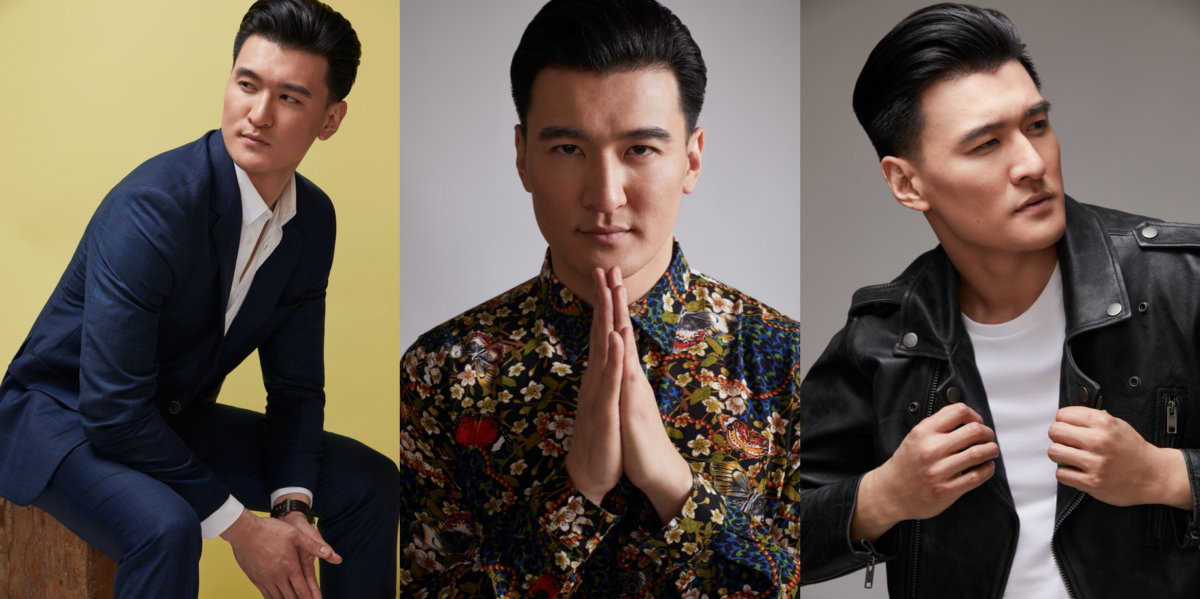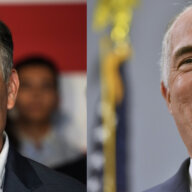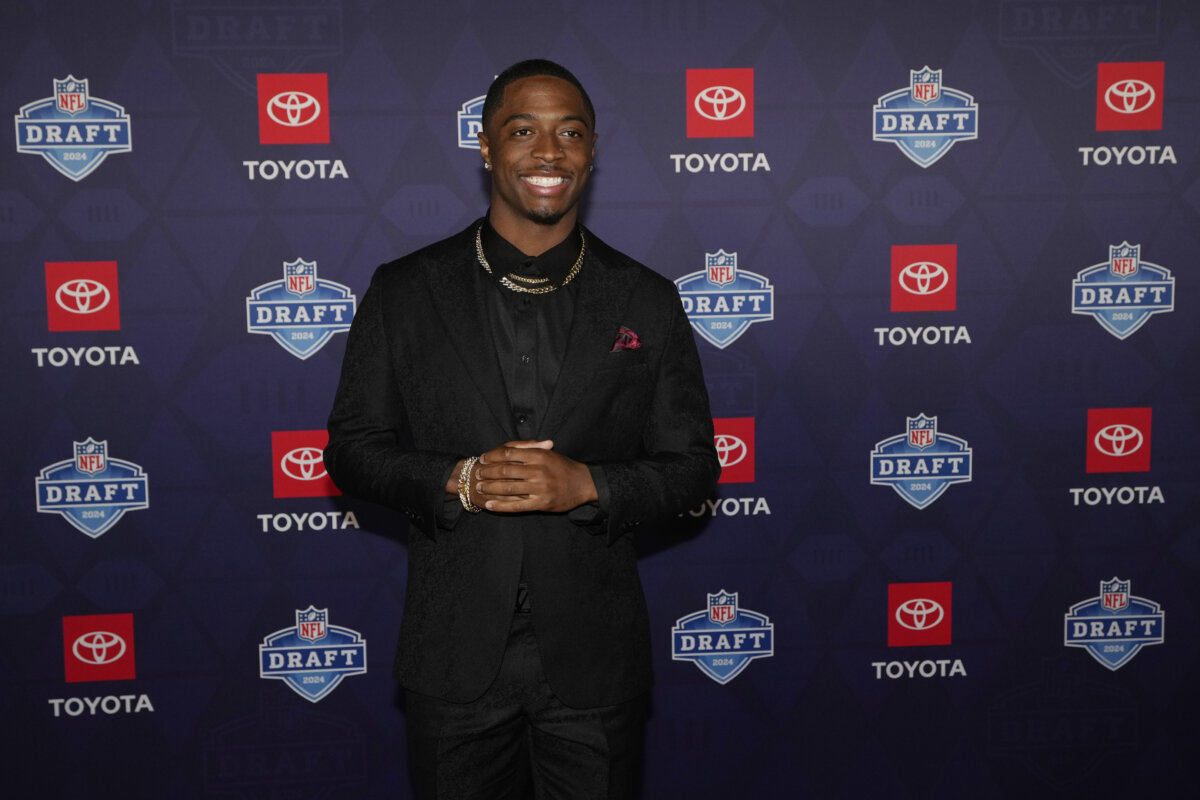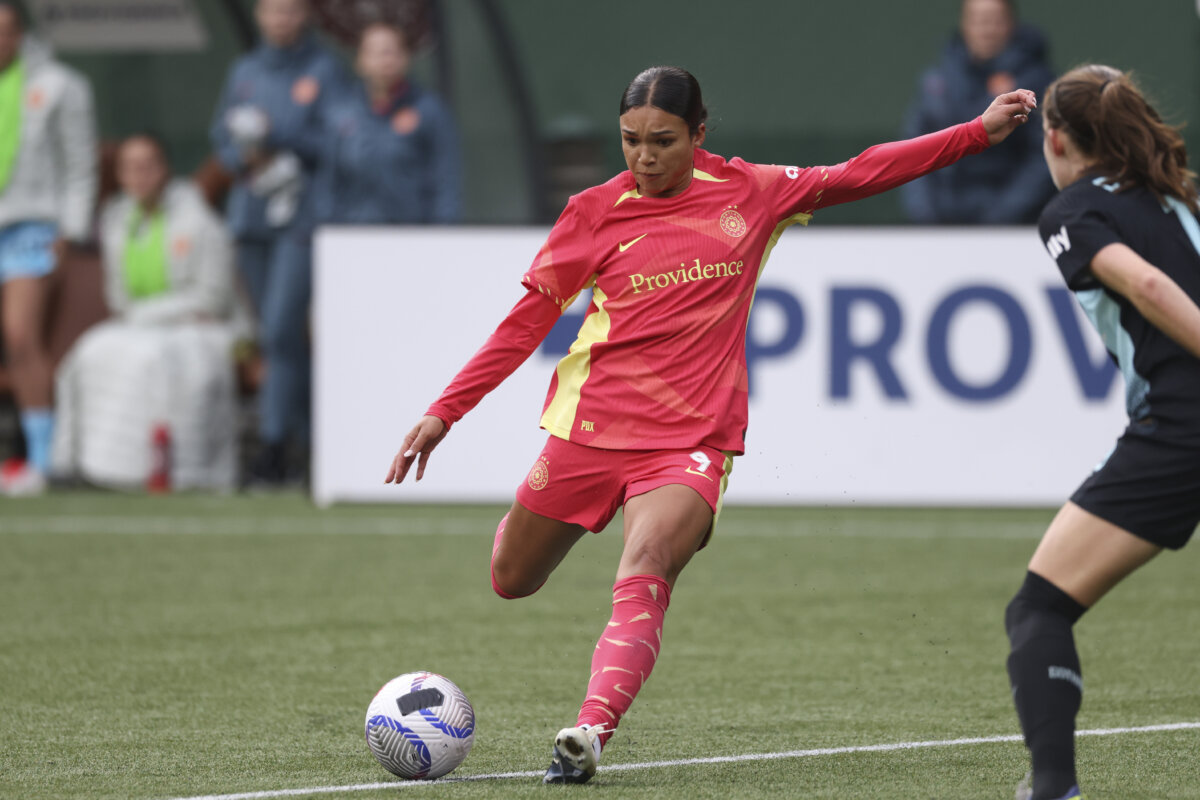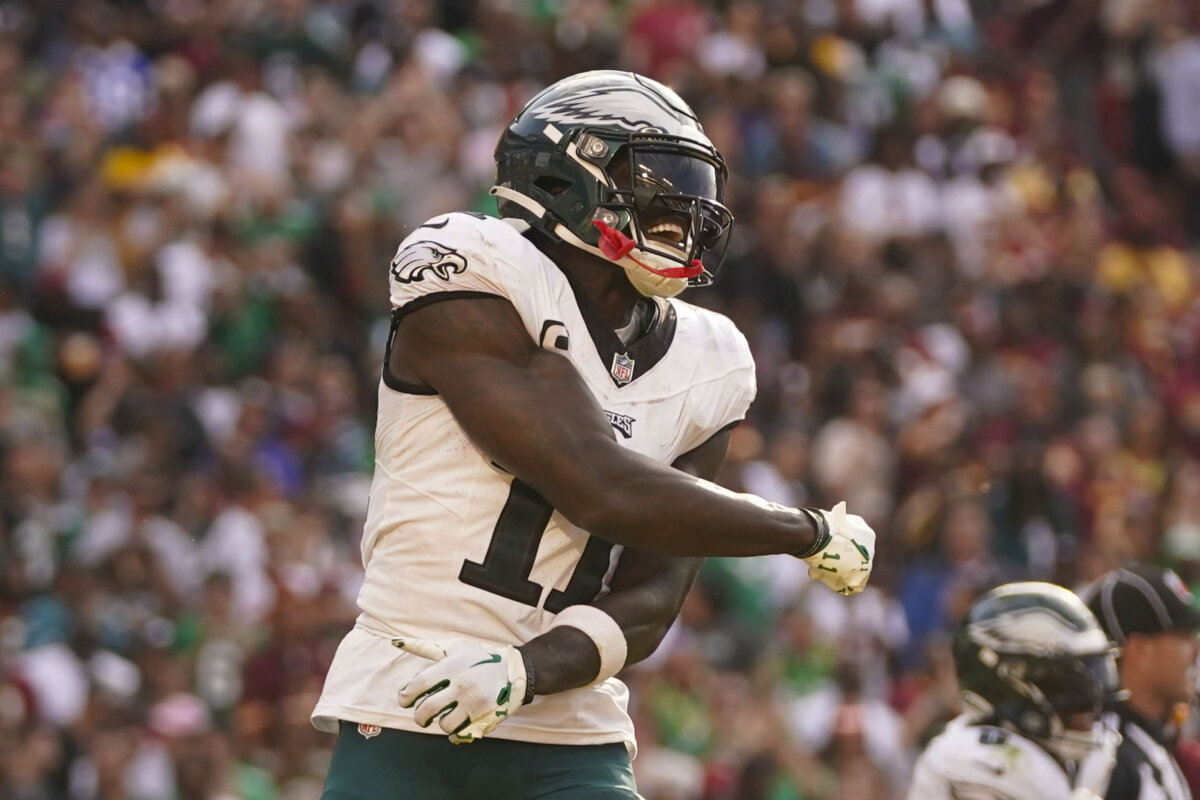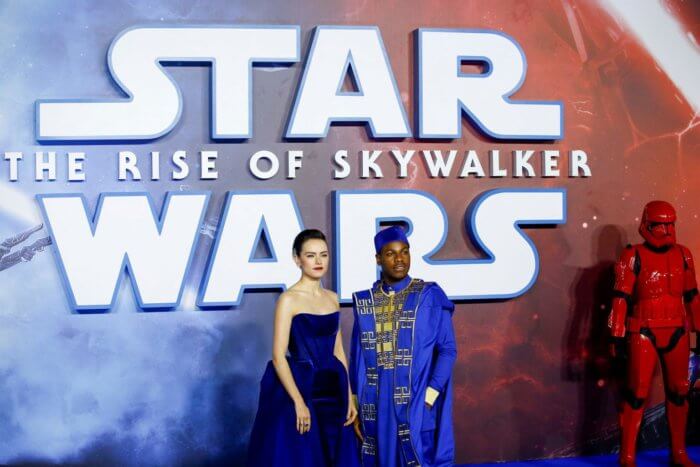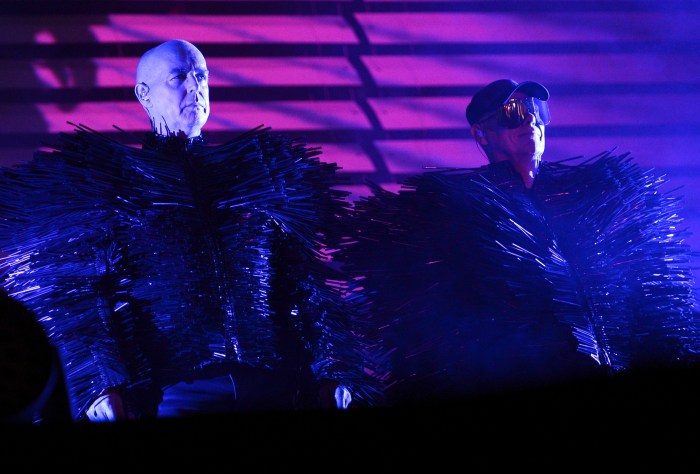It seems like we have been waiting months for the release of the new “Mulan,” and that’s truly because we have. The film was supposed to be released back in March, but, with the current pandemic situation, Disney’s new live-action take on the classic favorite had to be postponed. However, fans will be able to sit down and watch the cinematic experience from the comfort of their own homes this Friday, and whether you were an avid original-cartoon lover of the story or not, the new rendition of the epic war tale is here to show Mulan in a new light.
Chen Tang who plays Yao in the re-make sat down with Metro to discuss what went into making the film: from the intense bootcamp the actors had to go through to what fans will be able to get out of the film even without the music and a few characters—in fact, according to Tang the new feature will bring more to the story than ever before.
What drew you to want to first take on this role?
Everybody wanted to be on this film, and we were all really excited about it. They were doing the casting process for almost two years and it was a long process, they wanted to get it just right. I was fortunate enough to be able to join the cast, but as far as what draws me to my character and the way I played Yao—I was really inspired by the cartoon, but I am my age and this film is sort of like a spiritual successor to the cartoon. We had a lot of creative freedom, so I really wanted to make my own Yao. What was Yao like when he was younger? I drew a lot of inspiration honestly from my own personal Chinese culture. I’m actually part of a minority group in China, we’re in the very deep mountains of the south, and long story short, I was like, “how cool would it be to have somebody who’s from my culture adding to the dynamic?” Back in the dynastic days we were a like a real fierce, rival kingdom, and I was like, “wow, what if I am king of the rock or king of the mountain you know?” So, I really went from there and it was a lot of fun because Niki Caro gave us a lot of freedom and said Chen, make him yours, you don’t have to copy, make him yours.
That must have been nice to be able to have done that, I’m sure there is pressure sometimes as an actor to cling to what people have already fallen in love with.
Oh gosh you have no idea of the pressure sometimes, especially with this movie. It’s like everybody’s got an opinion. But the truth is, I use it all as creative fuel to create something for me. I love the trio from the cartoons, and from the character, I was thinking there’s a lot there that your imagination can kind of bounce off of. I still remember one of the days we were shooting, Niki said to me”‘Don’t be him, be you.” I thought that was great, sometimes you forget. Throughout the entire process, and it came from Nikki and the producers on down, they really were so creatively freeing and they allowed a lot for such a big-time movie. They supported it, and they also helped our creativity— I mean they gave us a boot camp for God’s sake. So, to feel the pressure but to also stay in your artistic realm, that for me was the most important thing.
What went into all of the training that had to be done for the film?
We had a straight-up boot camp. For the camp, Niki wanted us to bond together and kind of go through what it would look and feel like to be these laborer-farmer-soldiers. So, we had this squad and we always had our training together along with our sergeant, and it was literally probably some of the hardest workouts I’ve ever done in my life. It was just non-stop, and it felt like we were doing physical labor. We had a wonderful trainer, he was ex-military and he basically said you need to feel what it’s like to go through exhaustion together. Just hour after hour of running 10 kilometers and then coming back and doing physical labor pulling sleds, pushing things. He said he wanted to make us look [the part], the look was important too. Just kind of rough us up and make us look like we had a lifetime of physical labor. Then, every day, we went from that to stunt choreography and stunt training for hours a day. We learned to fight with swords and shields, and we had horseback training and Asian-style archery. We even had marching training, because from a creative stand-point they wanted to make the army together. Then when they brought in the extras, they actually held auditions for that to have us march together —they had their own boot camp, and then we joined them and all marched together and we shot all of that. Disney did such a good job of creating this world, it was great fun and there were months of that.
It worked out, it looks really authentic even just from the trailer as well.
Yeah, it’s crazy there’s no green screen really, it looks like there is a green screen but what you see was what we were in. Especially for something like this, Niki, the producers and Disney were really on board with getting this very grounded. At the end of the day it’s a war film and they really wanted to give that grounded feel, even with the fantasy aspects.
What do you think this film has that the cartoon perhaps doesn’t?
Honestly, the first thing that comes to me is, I’ll echo what Niki said to us—We love the cartoon, but we want to make a great film on our own too that also has the feel of the cartoon in the DNA. It’s not like we’re making a completely different thing, but the honest truth is with Disney they took an artistic leap. And, with an artistic risk I felt like they wanted to make this a spiritual successor. I think one of the things that really struck me comparing the cartoon to this adaptation was just how grounded the film is. It’s big, it’s live, it’s epic and it’s massive, but it’s very emotionally real and emotionally grounded and it’s not really slap-sticky. I just really believe that in taking that kind of risk, they have created something that’s beautiful and epic and grounded and moving that’s beyond the cartoon.
‘Mulan’ drops on Disney + September 4th



